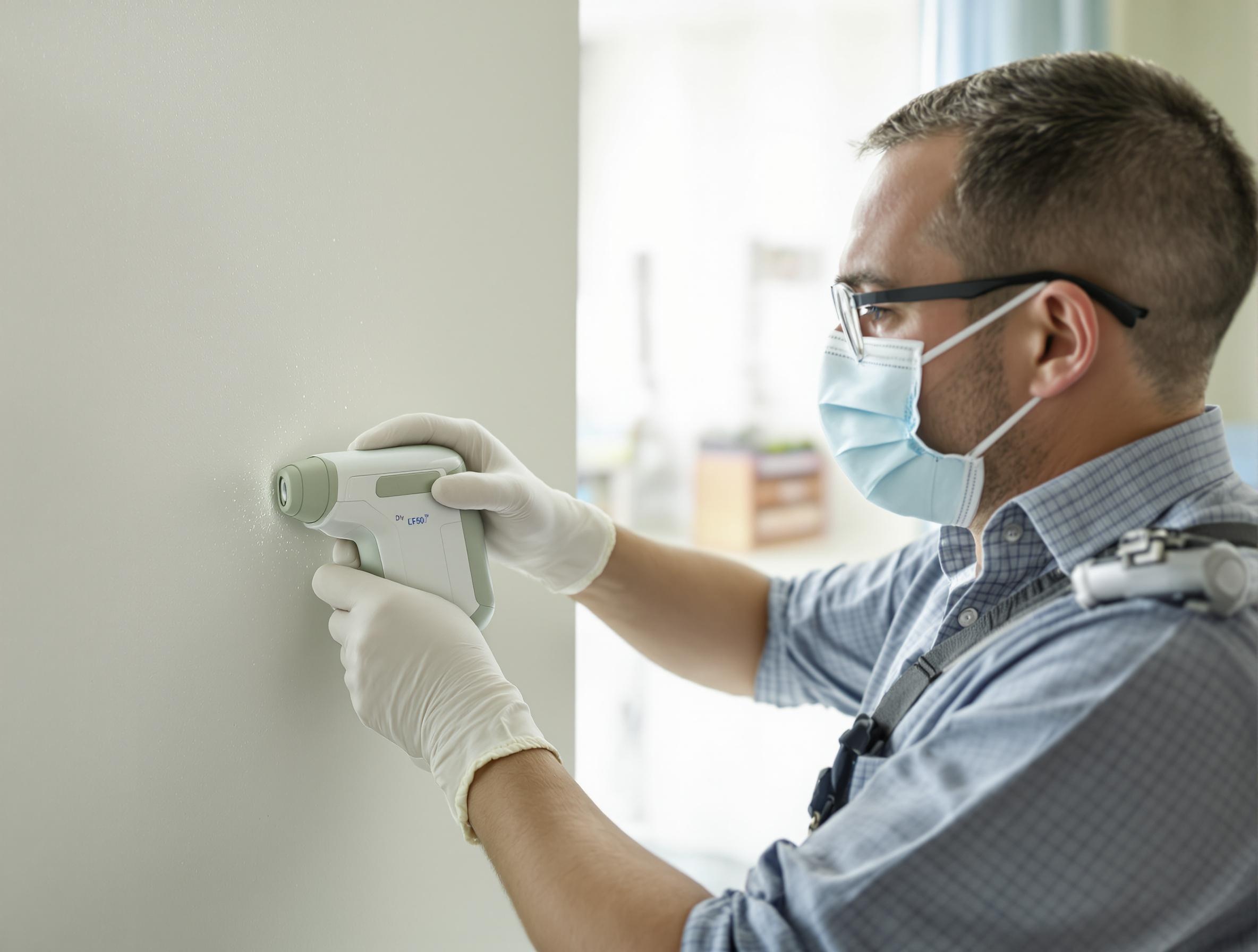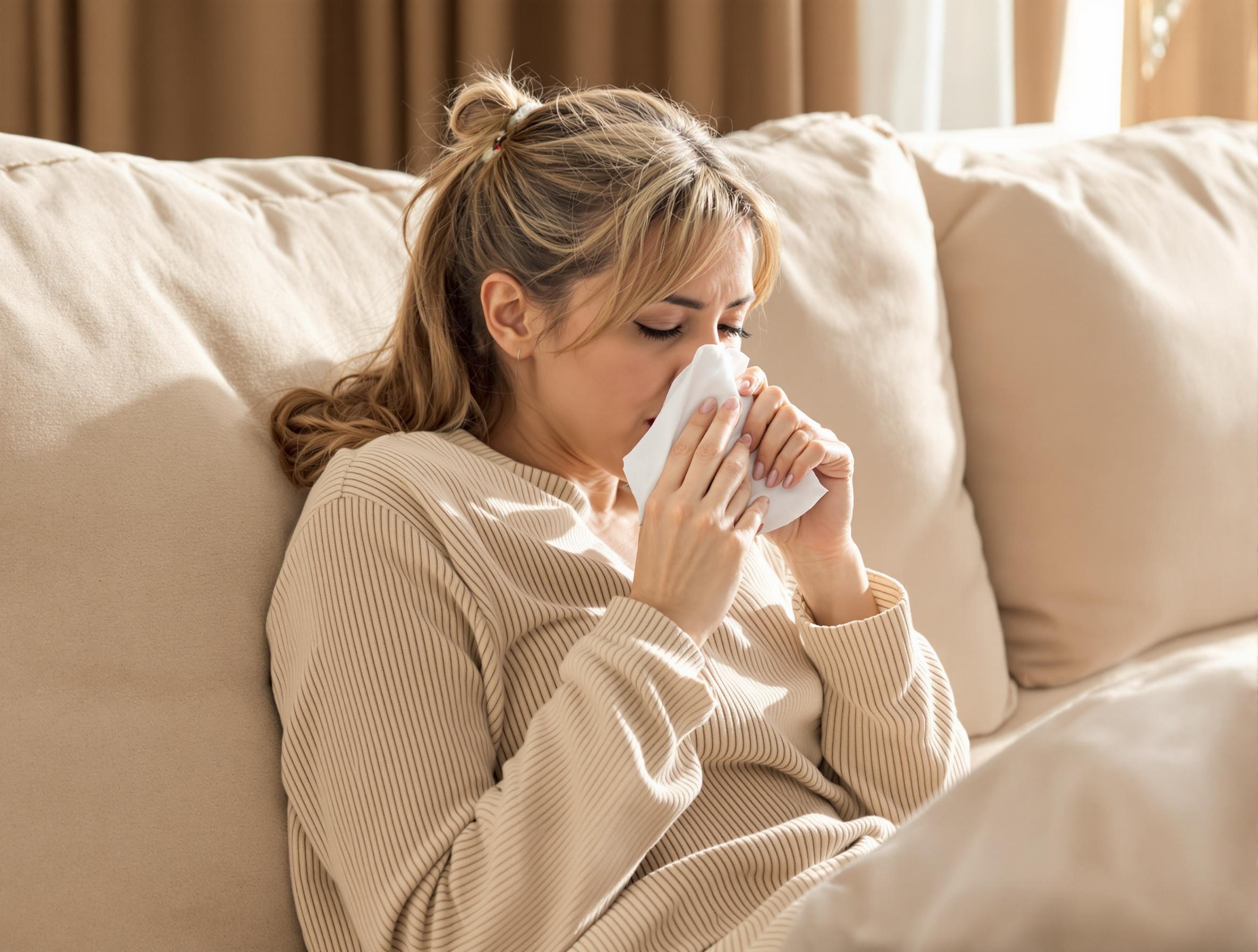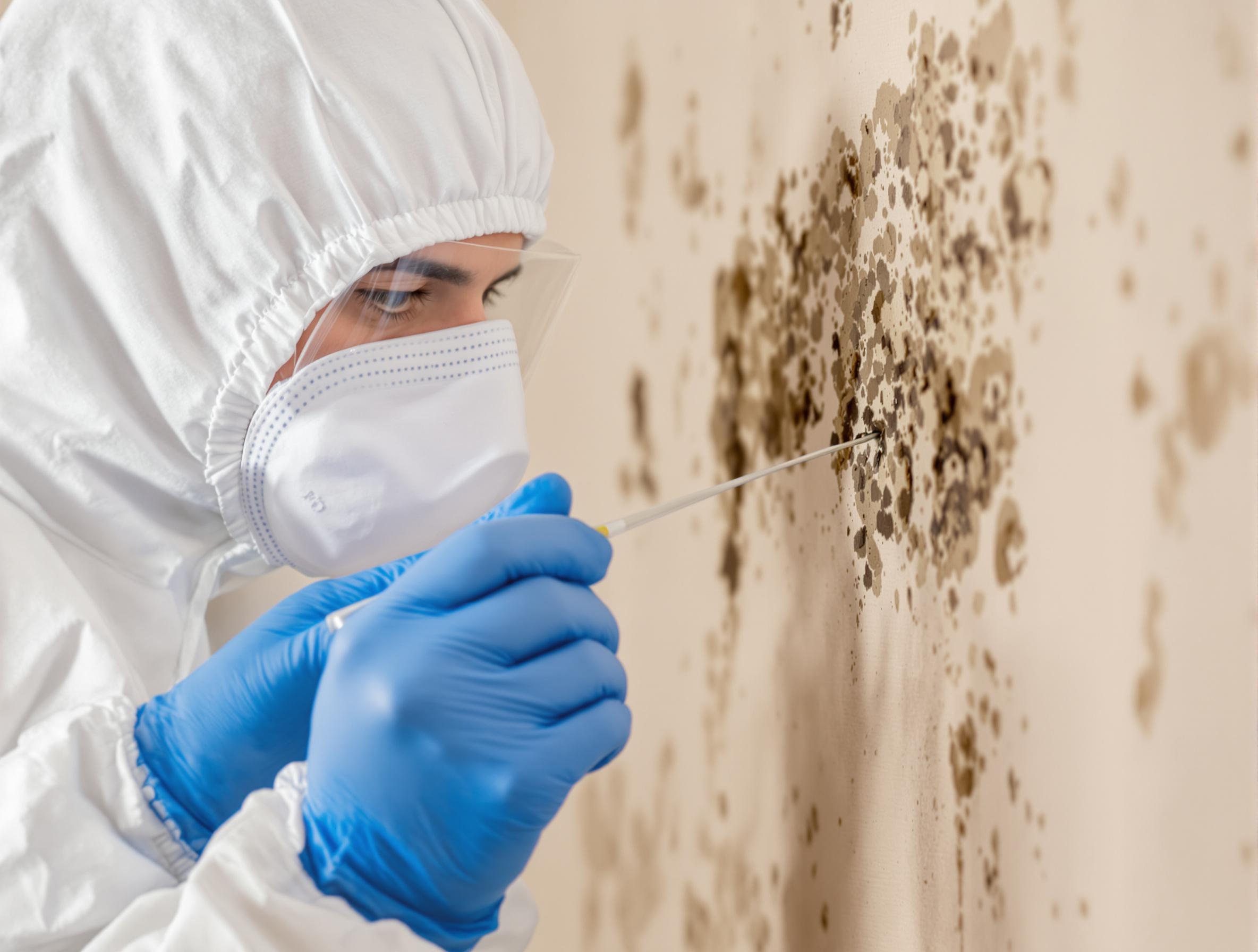What Is Mold Toxicity?

Key Takeaways:
- Mold toxicity can cause severe health issues including respiratory problems, cognitive changes, and immune system disorders.
- Recognizing symptoms early, such as respiratory issues, skin irritations, and fatigue, is crucial for prompt diagnosis and treatment.
- Mobile Care Health offers innovative treatment options like IV therapy, hyperbaric oxygen therapy, and infrared sauna sessions to support detoxification and recovery from mold exposure.
Mold is a common part of our environment, but when it infiltrates our living spaces, it can do more harm than just create an unpleasant odor or unsightly spots on walls. For some individuals, prolonged mold exposure can lead to various health issues called mold toxicity. This condition, caused by the mycotoxins produced by certain types of mold, can have widespread effects on the body, from persistent fatigue to respiratory problems and even cognitive impairments.
At Mobile Care Health, we understand the importance of recognizing mold toxicity early. Our personalized approach includes specialized tests to detect mold-related antibodies and conditions, ensuring you receive the most appropriate care for your unique situation.
Understanding mold and mold toxicity
Mold is a fungus that thrives in damp, warm environments. While most molds are harmless and part of the natural environment, some produce toxic substances called mycotoxins. These toxins can pose serious health risks when inhaled, ingested, or absorbed through the skin.
Mold toxicity happens when individuals are exposed to significant amounts of mold spores or mycotoxins, typically in indoor environments where mold growth has gone unchecked. For some people, particularly those with compromised immune systems or genetic predispositions, even small amounts of exposure can trigger symptoms.
Where does mold grow?
Mold thrives in environments with moisture, warmth, and organic material to feed on. Common places include:
- Bathrooms and kitchens
- Basements and crawl spaces
- Water-damaged areas
- Air conditioning and heating systems
- Carpets, upholstery, and drywall
Indoor mold growth often results from leaks, flooding, poor ventilation, or high humidity levels.
The role of mycotoxins in mold toxicity
Mycotoxins are toxic compounds that mold produces as part of its defense mechanism. Not all molds produce mycotoxins, but some of the most common toxic molds include:
- Stachybotrys chartarum (Black Mold): Known for its neurotoxic effects
- Aspergillus: Associated with respiratory and neurological symptoms
- Penicillium: Often found in water-damaged environments
- Fusarium: Can cause skin and eye infections
Mycotoxins can contaminate the air, dust, and surfaces in affected environments. Prolonged exposure can overwhelm the body’s detoxification systems, leading to systemic toxicity.
Symptoms of mold toxicity
Recognizing the symptoms of mold toxicity is important for prompt diagnosis and treatment. While symptoms can vary, here are some common signs to watch for:
- Experience respiratory issues like coughing, wheezing, or shortness of breath, which are often the first noticeable effects of mold exposure
- Develop nasal congestion, runny nose, or sinus problems, particularly if these symptoms worsen when you’re in certain environments
- Notice eye irritation, skin rashes, or unexplained itchiness, which can indicate direct contact with mold spores
- Feel fatigue, experience headaches, or have difficulty concentrating, as these can be signs of prolonged mold exposure
- Observe worsening of asthma symptoms or allergic reactions if you have pre-existing conditions
It’s important to note that symptoms can vary based on exposure levels and individual susceptibility. Some people may experience severe reactions, while others might have milder symptoms. If you suspect mold exposure, don’t hesitate to seek medical advice.
Advanced treatment options for mold toxicity
At Mobile Care Health, we understand the challenges of dealing with mold toxicity. Our team is here to support you with innovative solutions that address your unique health needs. We combine time-tested methods with groundbreaking therapies to create a comprehensive treatment plan for you.
- Personalized Wellness Evaluation: Start with an in-depth wellness assessment to determine how mold exposure has impacted your health. This evaluation helps us design a customized strategy to address your unique situation.
- Targeted IV Therapy: Benefit from therapies that may include glutathione and vitamin infusions. These treatments support your body’s natural detoxification processes and strengthen your immune system.
- Silver Nasal Spray: This antimicrobial nasal spray can help reduce fungal and bacterial growth in the nasal passages, providing targeted relief from mold-related symptoms.
- Oral Antifungals: Our team offers expert guidance on oral antifungal treatments, helping to address systemic fungal infections that can result from mold exposure.
- Immune Support Peptides: These innovative treatments are designed to bolster your immune system and enhance your body’s ability to recover from mold-related illnesses.
- Infrared Sauna Therapy: Experience the rejuvenating effects of infrared sauna sessions, which promote detoxification and improve overall metabolic function.
- Specialized Detox Programs: Embark on a detox journey tailored to your needs. We incorporate therapies that support toxin elimination while improving your overall health and resilience.
Our caring team at Mobile Care Health is dedicated to guiding you through each step of your treatment. We’re committed to combining these innovative therapies with a compassionate, individualized approach to help you reclaim your health and vitality. Remember, you’re not alone in this journey – we’re here to support you every step of the way.
Preventing mold toxicity
Prevention is key to avoiding mold-related illnesses. Here are practical steps to reduce mold risks in your environment:
- Control moisture
- Fix leaks and plumbing issues promptly.
- Install exhaust fans in moist areas like bathrooms and kitchens to reduce humidity.
- Ensure proper drainage around the foundation of your home.
- Improve ventilation
- Open windows regularly to circulate fresh air.
- Use a dehumidifier in damp areas like basements.
- Regular maintenance
- Inspects your home for signs of mold, such as discoloration or a musty smell.
- Clean and maintain air conditioning and heating systems.
- Educate yourself
- Awareness of mold risks and symptoms can empower you to take early action, minimizing potential health impacts.
Your path to wellness starts here
Mold toxicity is a widespread health concern affecting millions of Americans, with approximately 47% of households experiencing mold or dampness. The diverse range of symptoms and potential long-term health risks emphasize the importance of timely, individualized care. Recognizing the signs early and seeking expert help can help you recover and safeguard your long-term health.
We understand how overwhelming dealing with mold-related health issues can be. At Mobile Care Health, we’re here to support you every step of the way on your wellness journey. Our compassionate team offers comprehensive telehealth visits and specialized home testing to create treatment plans tailored to your unique needs. You don’t have to face mold toxicity alone.
Reach out to us today to learn more about our advanced diagnostic and treatment options, and take the first step towards reclaiming your health and peace of mind.





